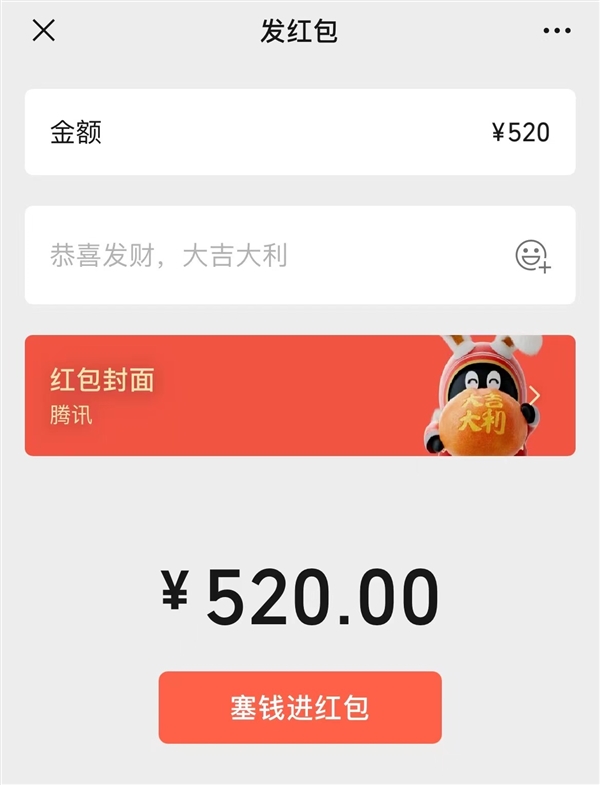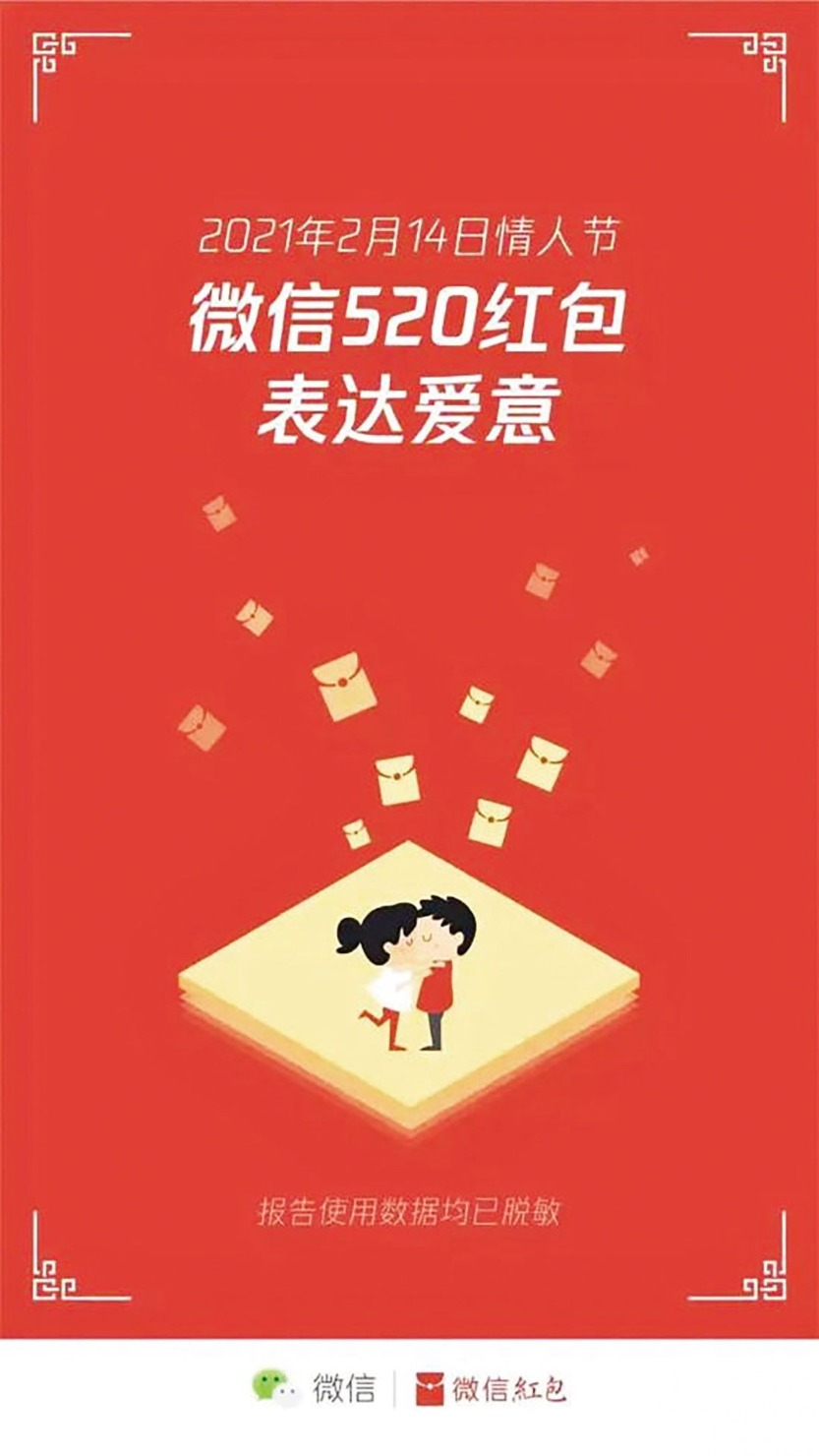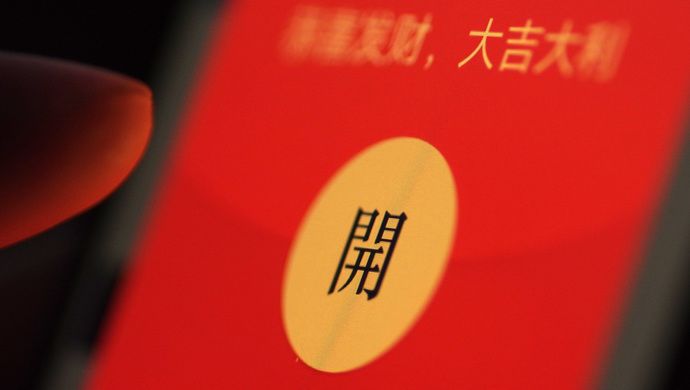If you often use WeChat and have tried its red packet (hongbao) feature, you may have noticed that the maximum amount per transfer is usually capped at 200 RMB. But today, on the traditional Chinese festival Qixi (Chinese Valentine’s Day), WeChat has once again raised the limit to 520 RMB, just as it has done in previous years.

This has been a tradition for nine years: every Valentine’s Day, Qixi Festival, and May 20th, WeChat temporarily increases the red packet limit. Why 520 RMB? Because in Chinese, “520” is a homophone of wo ai ni, meaning “I love you.” On these romantic occasions, couples often send each other 520 RMB or 1314 RMB (pronounced similar to yi sheng yi shi, meaning “for a lifetime”) as a symbolic gesture of love.

However, here’s a reminder: while enjoying the sweetness of Valentine’s Day, it’s important to understand the legal implications of such transactions. Under Chinese law, these monetary gifts are usually considered “donations”. If the relationship ends, such gifts cannot be reclaimed. According to the law, “A gift contract is an agreement where the donor voluntarily and gratuitously transfers property to the donee, and the donee accepts it.” In practice, transfers and red packets exchanged between partners are generally deemed gifts and are not refundable after a breakup.
The only exception is when clear evidence indicates the money was a loan—for example, if the transfer note, red packet description, or chat messages before and after the payment explicitly state that the funds were borrowed. In such cases, the money can be legally recovered even if the relationship ends.




